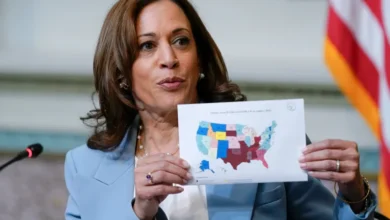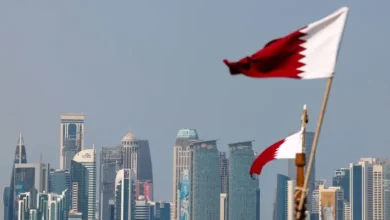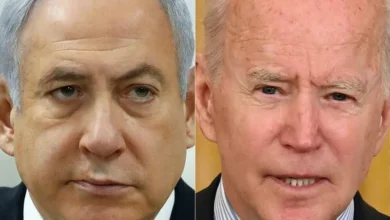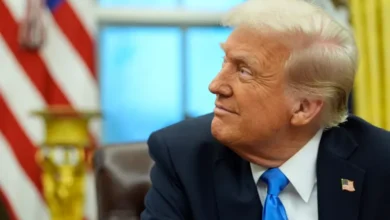Russia’s September oil and gas budget revenue seen falling 23 percent
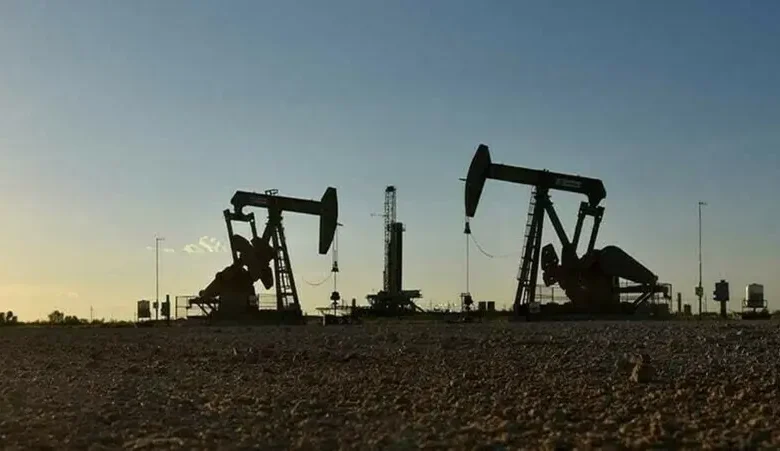
Russia’s state oil and gas sales in September are set to fall by around 23 percent from a year earlier on lower prices and a stronger rouble.
The projected decline comes as President Vladimir Putin and his economic officials are preparing Russia’s 2026 budget while funding its highest military spending since the Cold War.
Russia will receive 592 billion roubles ($7.11 billion) in September, according to Reuters calculations based on oil and gas production data, refining, and supplies on domestic and international markets.
Its revenue for the first nine months is set to fall by 20.5 percent to 6.62 trillion roubles, the calculations show.
Month on month, September’s oil and gas revenue is set to rise by 17 percent, according to Reuters estimates, helped by lower government subsidies owed to refineries.
Oil and gas revenue accounts for up to a quarter of Russia’s budget and is the most important source of cash for Moscow’s war in Ukraine, now in its fourth year.
The finance ministry is due to present a draft 2026 budget to parliament by the end of September.
After defying expectations of a recession in 2023 and 2024, Russia’s economy is slowing, and its federal budget deficit is rising.
Russia has raised personal income and corporate taxes this year, but the government in May still had to triple its federal budget deficit estimate to 1.7 percent of gross domestic product.
This year’s official growth forecasts have been slashed, and some key bankers and officials have warned that the economy is heading towards stagnation or recession.
The finance ministry is scheduled to publish its September estimates of oil and gas revenue on October 3.
Oil and gas revenue totaled 11.13 trillion roubles last year.
The ministry initially forecast a 2025 total of 10.94 trillion – or some 5percent of gross domestic product – but has lowered that to 8.32 trillion roubles.
The finance ministry on Thursday announced a budget change to go into effect next year aimed at shielding the budget from oil price fluctuations and Western sanctions.
